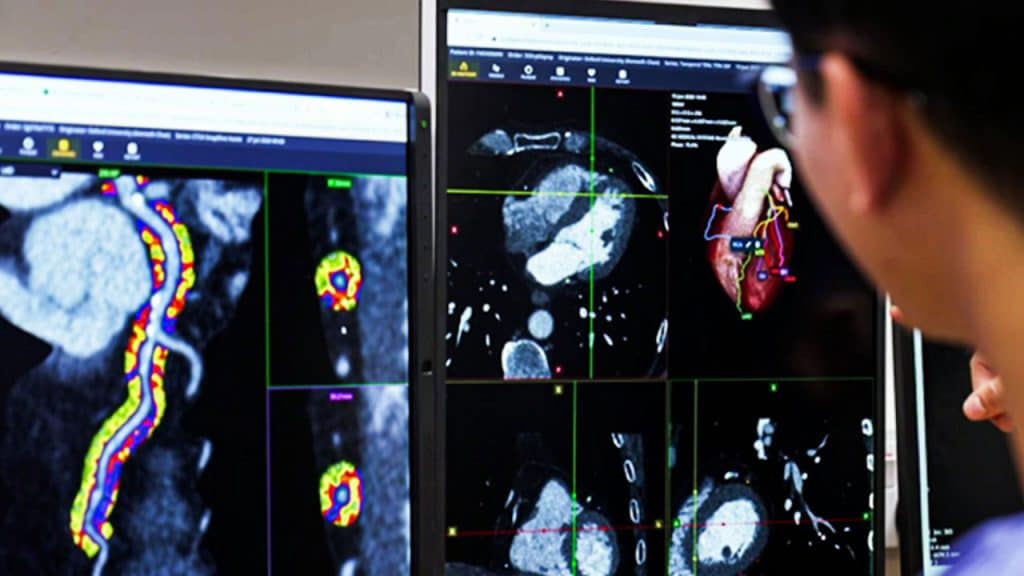If I ask you what causes heart attacks, you’re probably going to answer something about plaques and blocked arteries. Sometimes, that’s true, but not all the time. In fact, it’s less than half the time. As for the rest? Well, it’s time to look at our old enemy, the cause of so many of life’s ills, inflammation (https://longevity.technology/news/identifying-inflammation-is-at-the-heart-of-the-matter/).
Okay, so inflammation isn’t all bad. It’s essential to our body’s natural defenses. Still, it’s only meant to last a little while. When it becomes chronic, that’s when it wears down the rest of the body. There’s even a word for its impact as we grow older, “inflammaging.” We know it contributes to many age-related conditions, like type 2 diabetes or even cancer.
So why don’t we talk about inflammation causing heart attacks? Well, part of the reason might be that we just don’t have any good ways of spotting coronary inflammation. If you’re experiencing chest pain, the primary diagnostic tool is the CT scan, and inflammation doesn’t usually show up there. Those scans are more about finding restricted blood flow due to plaque narrowing the arteries. As for the tests that do measure inflammation, like the hsCRP biomarker, they show inflammation throughout the body. There’s no way to tell it’s specifically cardiovascular.
One company is trying to change things. Caristo Diagnostics is investigating how AI can be used to diagnose coronary inflammation specifically, even in cases where the arteries do not yet show signs of plaque. The AI examines the results of the CT scan in a way the human eye cannot, spotting patterns that might otherwise be invisible in the fat surrounding the arteries. It’s totally non-invasive.
The result of this AI technology, called CaRi-Heart, is what’s known as an FAI-score. This biomarker can be used to quantify cardiovascular risk in patients who don’t have plaque accumulation. As we know this kind of inflammation can be aggravated by a range of factors, including smoking, cholesterol and diabetes, the FAI-score can be an indicator that patients need to make lifestyle changes or to help direct therapeutic treatments.
Scientists from Caristo Diagnostics presented the results of their research into coronary inflammation in 2023. The CaRi-heart technology has been cleared for use in the UK, EU and Australia, with FDA approval underway. Now we just need to see what happens when it’s regularly used in clinical settings.




